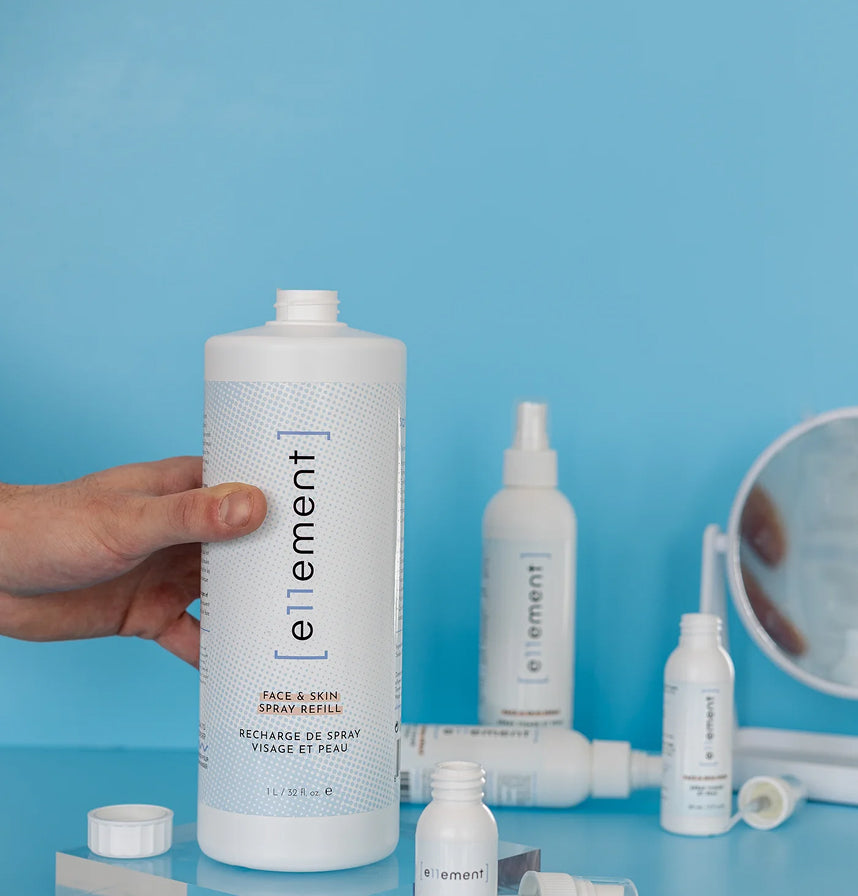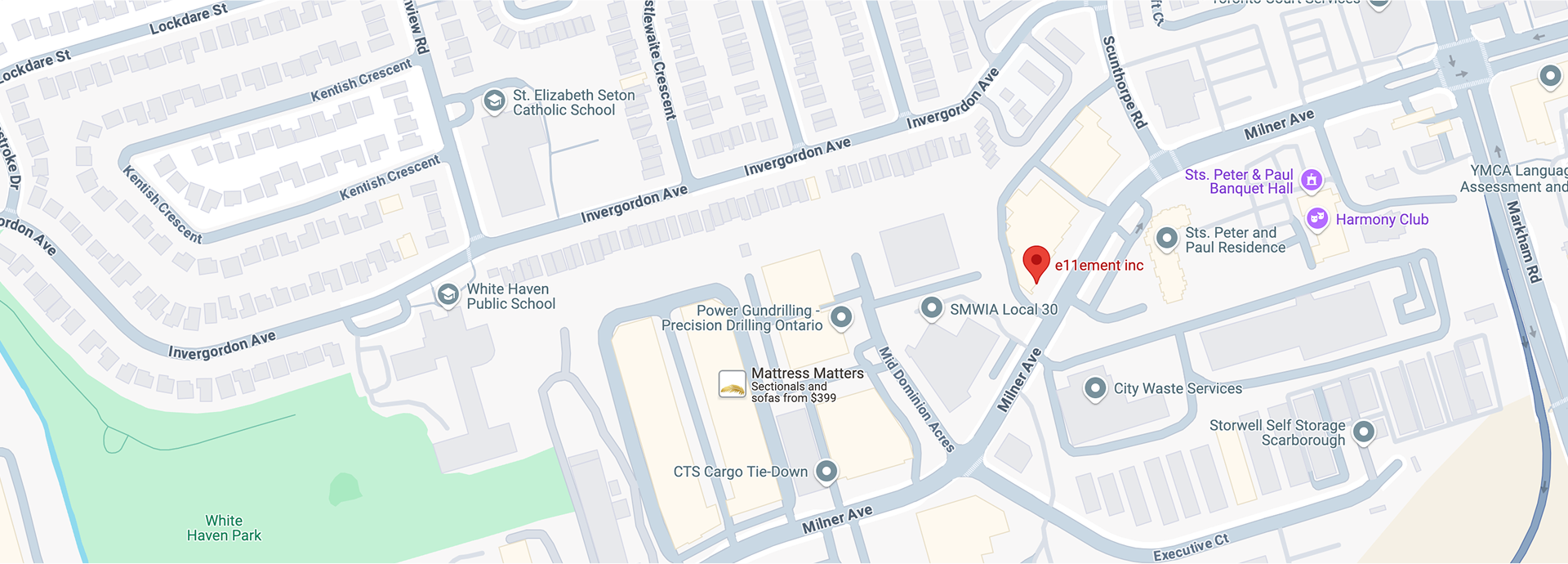Choosing the right skincare products can be overwhelming, especially when deciding between various ingredients and formulations. Among the most common products used after cleansing are toners. They aim to hydrate, balance, and refresh the skin. However, in recent years, hypochlorous acid has emerged as a popular alternative to traditional toners due to its gentle yet effective properties.
In this article, we’ll compare hypochlorous acid and traditional toners, exploring how they work, their benefits, and which one might be better for your skin type and concerns.

What is Hypochlorous Acid?
Hypochlorous acid is a naturally occurring substance in the human body, produced by white blood cells to combat bacteria and pathogens. In skincare, it is formulated as a mild, non-irritating solution that helps cleanse the skin, reduce inflammation, and promote healing. Hypochlorous acid spray, often used in skincare routines, has gained popularity for its ability to treat acne, rosacea, and irritated skin.
The primary appeal of hypochlorous acid is its gentle nature. It supports the skin’s natural processes, making it suitable for all skin types, including sensitive and inflamed skin. Additionally, hypochlorous acid is effective at maintaining skin hydration, which makes it a valuable addition to your skincare routine.
What Are Traditional Toners?
Traditional toners are liquid skincare products applied after cleansing to help balance the skin’s pH, remove any remaining impurities, and prepare the skin for moisturizers or serums. Many toners contain astringent ingredients like alcohol, salicylic acid, or witch hazel, which can tighten pores, control excess oil, and reduce the appearance of acne.
However, not all toners are created equal. Some can be harsh on the skin, especially for those with dry or sensitive skin. Alcohol-based toners, for example, can strip the skin of its natural oils, leading to dryness and irritation. While toners can help control oily skin, they may not provide the same soothing benefits that hypochlorous acid offers.
Hypochlorous Acid vs Traditional Toners: Key Differences
Now, let's break down the main differences between hypochlorous acid and traditional toners, so you can make an informed decision about which product suits your skincare needs.
1. Hydration and Moisture Balance
Hypochlorous acid is renowned for its hydrating properties. It helps to maintain the skin's moisture balance, making it an excellent choice for those with dry, sensitive, or dehydrated skin. Hypochlorous acid works to nourish and soothe the skin without disrupting its natural oils or causing any tightening sensation.
On the other hand, traditional toners—especially alcohol-based formulations—can have a drying effect on the skin. These toners work by removing excess oil and tightening pores, but they can also strip the skin of moisture, leading to dryness. For those with sensitive or dry skin, alcohol-based toners can exacerbate dehydration and cause irritation.
2. Acne Treatment and Prevention
Both hypochlorous acid and traditional toners have their place in acne treatment, but they approach the problem differently.
Hypochlorous acid has antimicrobial properties that help target the bacteria responsible for acne. It can reduce inflammation and redness, providing a calming effect on irritated skin. Hypochlorous acid is also suitable for people with acne-prone skin who are concerned about post-breakout redness or scarring. Its non-drying formula ensures that the skin remains hydrated throughout the healing process.
Traditional toners, especially those containing salicylic acid or witch hazel, are commonly used to treat acne. They work by exfoliating the skin and controlling excess oil production, which can help prevent clogged pores. While toners with salicylic acid can be effective at fighting acne, they may also cause dryness or irritation, especially for individuals with sensitive skin. Furthermore, traditional toners may not be as effective at addressing the bacteria that cause acne, unlike hypochlorous acid.
3. Soothing and Reducing Inflammation
One of the standout benefits of hypochlorous acid is its ability to soothe irritated or inflamed skin. Its gentle formula makes it an ideal choice for individuals dealing with skin conditions like rosacea, eczema, or post-acne redness. Hypochlorous acid helps calm inflammation, reduce redness, and promote faster healing, without causing any irritation.
Traditional toners, while they may offer temporary relief from redness or irritation, can be more astringent. Toners with ingredients like alcohol can make sensitive skin feel tight or dry, which may worsen inflammation over time. While some toners contain soothing ingredients like aloe or chamomile, they are often overshadowed by the harsher components like alcohol or exfoliants that may not be suitable for irritated skin.
4. Gentleness and Skin Compatibility
Hypochlorous acid is an incredibly gentle skincare ingredient, which is why it is widely recommended for people with sensitive skin or compromised skin barriers. The pH of hypochlorous acid is close to that of the skin, meaning it won’t disrupt the skin’s natural protective barrier. This makes it suitable for even the most delicate skin types.
In contrast, traditional toners often contain ingredients that can be too harsh, especially for those with dry or sensitive skin. Alcohol, in particular, can strip away the skin’s natural oils, leading to irritation and dehydration. For those with compromised skin, harsh toners can worsen dryness, redness, and sensitivity. It’s important to choose toners with caution, as some formulations may irritate the skin over time.
5. Long-Term Skin Health
Hypochlorous acid promotes long-term skin health by supporting the skin’s natural defense mechanisms. It helps cleanse the skin, reduce inflammation, and keep bacteria in check, all of which contribute to a healthier complexion over time. By maintaining the skin's hydration and promoting healing, hypochlorous acid helps maintain a clear, balanced skin appearance.
While traditional toners can offer immediate benefits like reducing excess oil or tightening pores, their long-term effects may not be as favorable. The drying and astringent properties of many toners can weaken the skin’s natural barrier over time, leading to increased sensitivity or dehydration. Additionally, the use of toners containing alcohol or harsh exfoliants may cause irritation if used too frequently.
Which One Should You Choose?
The choice between hypochlorous acid and traditional toners depends largely on your skin type and concerns. Here's a quick guide to help you decide:
-
For sensitive or irritated skin: Hypochlorous acid is the better choice. It is gentle, soothing, and helps reduce inflammation without causing further irritation or dryness.
-
For acne-prone skin: Hypochlorous acid is ideal for targeting acne-causing bacteria while keeping the skin hydrated and calm. Traditional toners may be effective for controlling oil, but they can sometimes exacerbate dryness or irritation.
-
For dry skin: Hypochlorous acid is the superior option. It provides hydration and helps maintain the skin’s moisture balance without causing tightness or dryness.
-
For oily or combination skin: If you’re looking for a toner to control excess oil and tighten pores, traditional toners with ingredients like witch hazel or salicylic acid may be helpful. Just be sure to choose alcohol-free formulas to avoid unnecessary dryness.
Conclusion
Both hypochlorous acid and traditional toners offer benefits for various skin types and concerns, but they cater to different needs. Hypochlorous acid is a gentle, effective solution that hydrates, soothes, and promotes overall skin health, making it a great option for those with sensitive, acne-prone, or dry skin. Traditional toners, while effective at balancing oil production and minimizing pores, may not be suitable for those with dry or sensitive skin due to their astringent properties.
Ultimately, the best choice will depend on your unique skin needs. If you're looking for a product that is gentle, hydrating, and suitable for a wide range of skin concerns, hypochlorous acid may be your best option.























